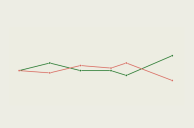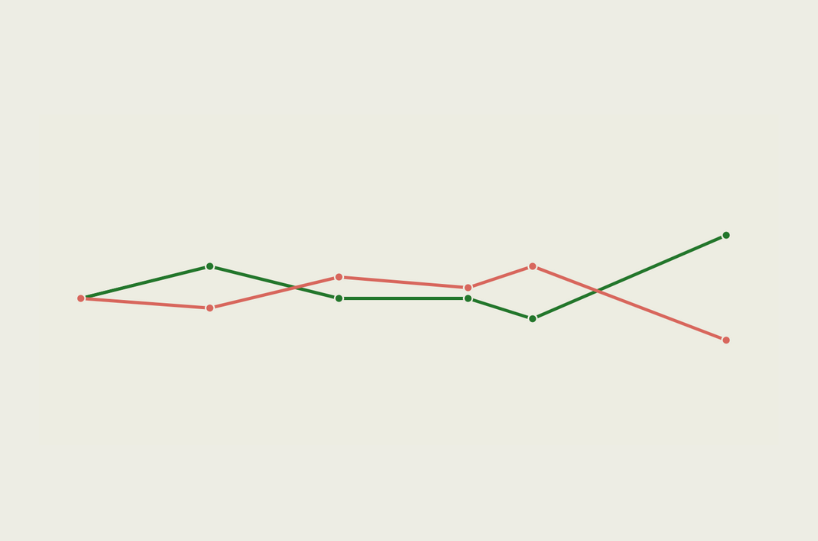What to Expect from Argentina's Economic Reforms after Milei's Midterm Success
What to Expect from Argentina's Economic Reforms after Milei's Midterm Success
Once hampered by his party’s small congressional bench, Milei may now press for labor and tax reforms as well as a fresh budget.
He needed a win and he got it. On October 26, Argentine President Javier Milei’s party outperformed expectations in midterm elections, winning 41 percent of the vote nationwide. Although only a portion of each house of Congress was up for grabs, the party, Liberty Advances, increased its seats in both houses of Congress, growing from 37 to 92 seats in the lower house and from six to 21 in the upper house. With expanded benches, Milei has increased his leverage to pass his reform agenda, which has been hampered in the past two years by congressional opposition.
The results mark a reversal of fortune for the president. Just one month ago, his party lost local elections in Buenos Aires Province by a larger margin than expected, in what was considered a prequel to the midterm vote. This time, however, Liberty Advances won the province, which is home to about 40 percent of the country’s population and is a traditional stronghold for Peronist parties.
After the midterm, the Peronists, who scored about 32 percent of the vote between the national and provincial parties, will still have the largest force in both houses of Congress. Still, Liberty Advances has more than enough seats to block an override of a presidential veto, which requires the approval of two-thirds of legislators.
And while Liberty Advances lacks a majority on its own, AS/COA Special Advisor and Managing Director of Cefeidas Group Juan Cruz Díaz notes that Milei will be able to find enough allies in the PRO party, the Radical Civic Union party, or provincial and independent parties to pass legislation. “He won’t be conditioned either by potential allies in the center right or the anti-Peronist bloc,” said Díaz.
Once the new legislators take office, Milei will have “strong leverage and legitimacy to define the pace, content, and sequence of reforms in Congress,” said Díaz.
AS/COA covers 2025's elections in the Americas, from presidential to municipal votes.
In his third year in office, how is the libertarian leader faring?











